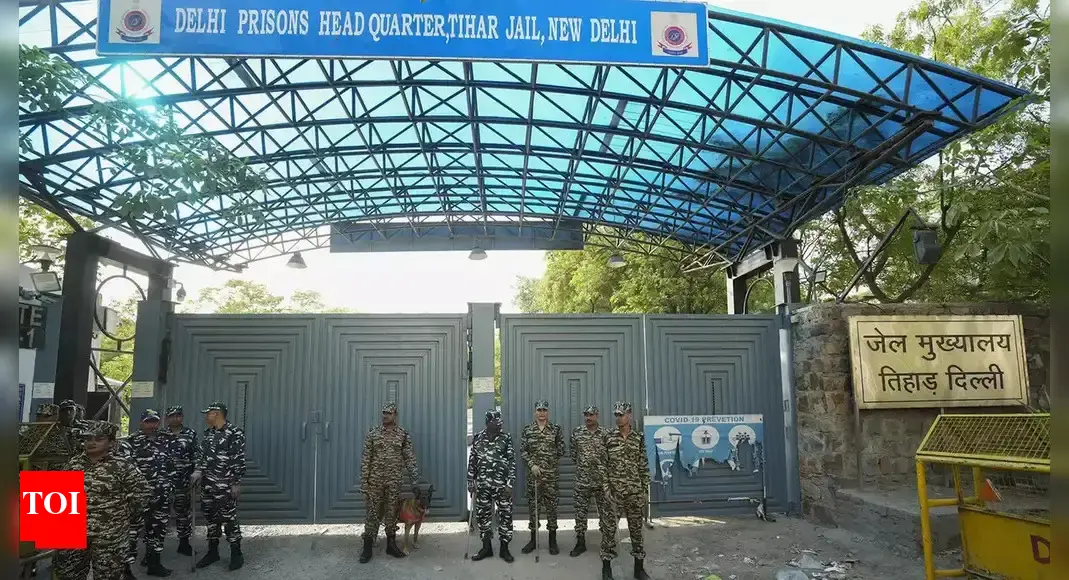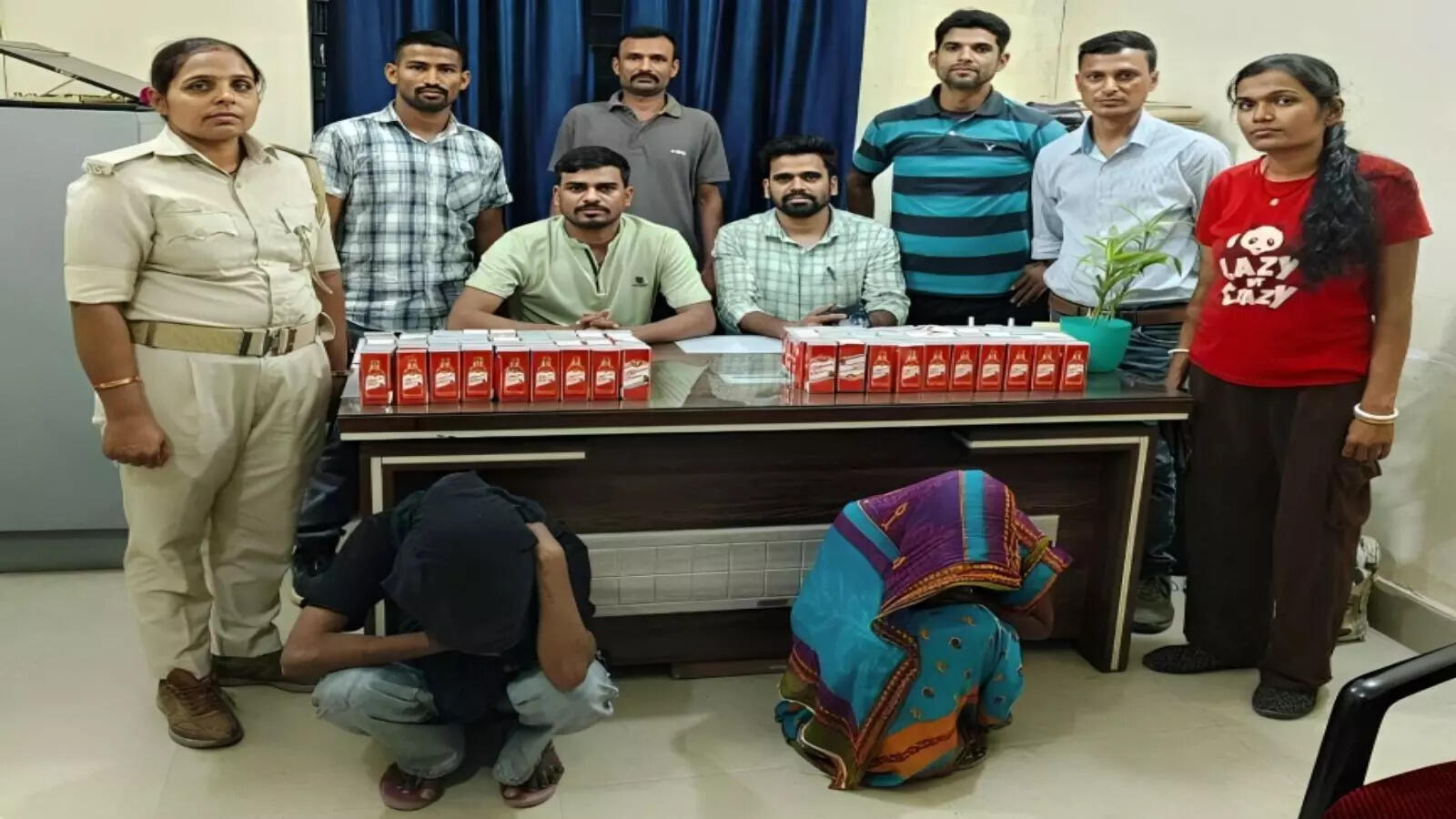Now Reading: UK Assures Accused Won’t Face Tihar Jail in Extradition Case
-
01
UK Assures Accused Won’t Face Tihar Jail in Extradition Case
UK Assures Accused Won’t Face Tihar Jail in Extradition Case

Speedy Summary
- Key Issue: UK’s deputy chief crown prosecutor has requested the Indian government to provide a written assurance that extradited individuals will not face torture or inhuman treatment in Tihar Jail, citing concerns under Article 3 of the European Convention on Human Rights (ECHR).
- Context: concerns arise after two recent UK court rulings rejecting extradition requests:
– April 11 ruling: Case of Virkiran Awasty and Ritika Awasty (linked to alleged Rs 750 crore bank fraud) rejected.- February ruling: Alleged arms dealer Sanjay Bhandari’s extradition request denied.
- Reasons for Rejections:
– Risk of detainees facing “Article 3 mistreatment” in Tihar Jail.
– Lack of evidence for prima facie case and delays by India in submitting required documentation.
- Prosecutor’s Appeal to Indian Govt:
– Urgency for an unequivocal assurance guaranteeing compliance with ECHR standards.
– Warning that failure to address these concerns could led to further case failures or appeals being deemed futile.
- UK Crown Prosecution Service Remarks: It would no longer pursue appeal efforts if India fails to provide guarantees about prison conditions or prove renewed merit for existing cases.
Indian Opinion Analysis
the repeated rejection of India’s extradition requests by UK courts underscores critical reputational and systemic challenges regarding prison conditions and procedural issues. While securing sovereign assurances from the Government can address immediate concerns under Article 3 ECHR, this development also shines light on broader implications:
- Impact on Bilateral Legal Cooperation: Persistent doubts over detention standards may hinder India’s ability to effectively seek justice against individuals allegedly involved in crimes abroad, as seen with high-profile economic offences like frauds and corruption.
- Significance for Criminal Justice Reform in India: The reference by UK courts specifically targeting Tihar Jail raises pressing questions around penal reform and humane treatment standards across detention facilities within India. Addressing these internationally flagged issues could also enhance domestic legal credibility.
Rooting out systemic inefficiencies affecting the timing, preparation, and submission of cases at international forums is equally necessary if India hopes to strengthen its position within global judicial cooperation mechanisms.
India faces both legal obligation for immediate guarantees sought by British authorities, and also deeper structural reforms that align its practices more closely with globally accepted human rights principles-both vital steps toward avoiding future case dismissals abroad.

























